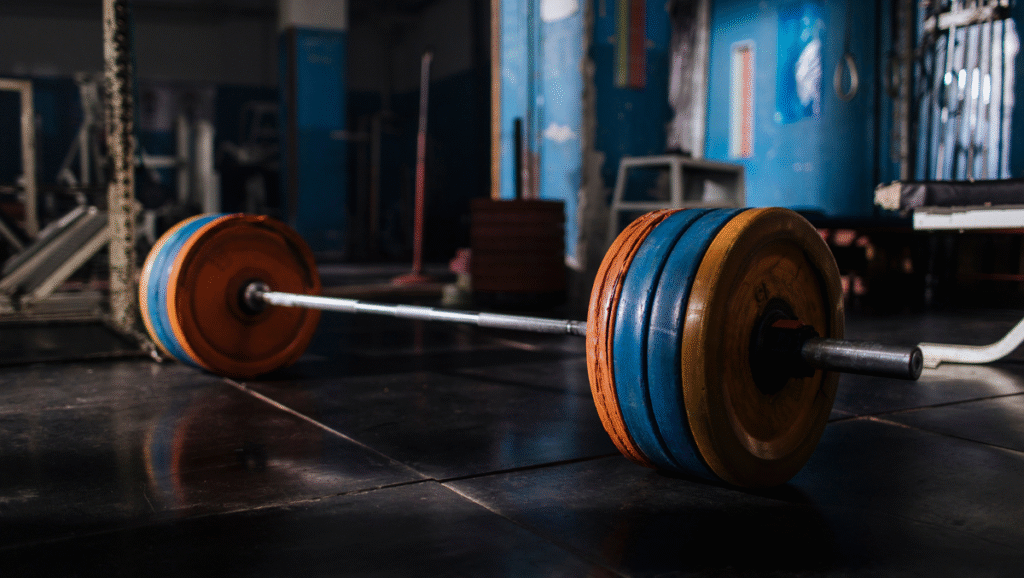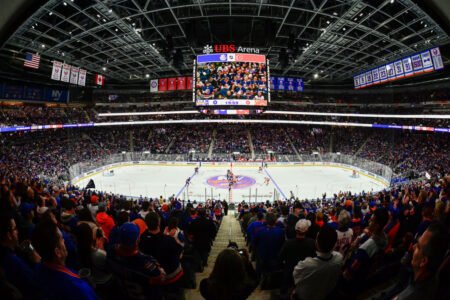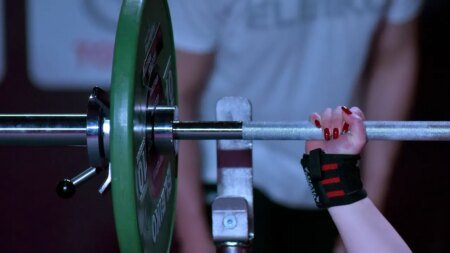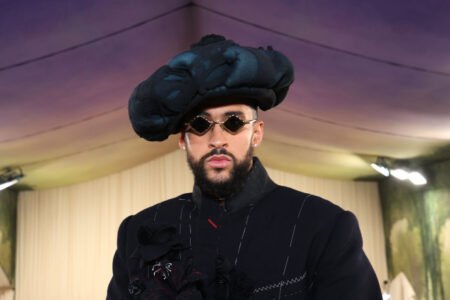JayCee Cooper, a trans-identifying male, sued USA Powerlifting in 2021 after being denied entry into female events.
The Minnesota Supreme Court ruled Wednesday that USA Powerlifting discriminated against a trans-identifying male athlete when the organization barred JayCee Cooper from competing in the women’s division.
The decision marks a major legal victory for Cooper, who sued USA Powerlifting in 2021 after being denied entry into women’s events.
But the case isn’t over just yet.
In a 22-page ruling, the Minnesota Supreme Court ruled that USA Powerlifting’s decision to ban Cooper from the women’s category was discrimination under state law because the policy was clearly based on Cooper’s gender identity.
“There’s no real dispute that Cooper was banned specifically because of being transgender,” Chief Justice Natalie Hudson wrote. “That violates the Minnesota Human Rights Act.”
In other words, Cooper officially won the claim that USA Powerlifting discriminated against a transgender person (a male) in a public program.
However, the court also ruled that USA Powerlifting could defend its policy by arguing that separating divisions by biological sex serves a “legitimate business purpose.”
That part of the case now goes back to a lower court, where a judge will decide whether USA Powerlifting had a valid reason to create separate divisions based on biological sex.
Read that again: a court will decide if it’s valid to separate men and women — in a sport based solely on who can pick up the heaviest weights.
USA Powerlifting ‘Discriminated’ Against JayCee Cooper, Court Says
Cooper’s legal team celebrated the ruling as a major milestone for transgender participation in sports.
“We just brought this case under two alternate theories. We don’t need [to win] both,” said Jess Braverman, legal director for Gender Justice, which helped represent Cooper. “And we won on public accommodation.”
Braverman added: “Even if we took the business claim to its end and even if USA Powerlifting were successful on that, they would still lose public accommodations and be liable to her for discrimination.”
But not everyone celebrated the ruling. Some see this “win” for trans athletes as another setback for women who simply want safe and fair competition.
“For decades, women and girls fought tirelessly for the rights guaranteed under Title IX,” Minnesota House Speaker Lisa Demuth (R-Cold Spring) said in a statement. “Sadly, those hard-won protections have increasingly come under attack, and today’s decision marks another setback in the fight to protect girls’ sports.
“This issue is ultimately about safety and fairness, and Minnesotans overwhelmingly agree that their daughters and granddaughters should not be forced to compete against boys.”
Cooper’s case dates back to 2018, when USA Powerlifting denied the male athlete’s application to compete in the women’s category. The organization argued that male-bodied athletes retain significant strength advantages, regardless of gender identity.
“To support trans athletes, USAPL created an open MX division in 2021 to serve all gender identities, including transgender and nonbinary members,” USA Powerlifting President Larry Maile said in a statement last year.
“Since science shows those who were born biologically male have a profound physical advantage over female-born athletes, our responsibility is to define legitimate categories to fairly place athletes within them.”
Seems perfectly reasonable.
Now, we’ll see if the district court agrees.
Read the full article here












